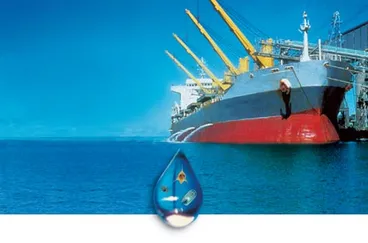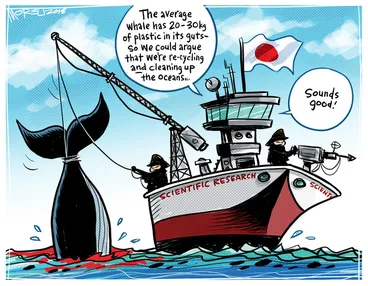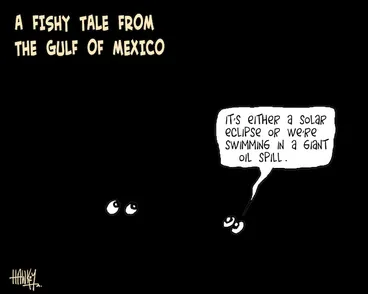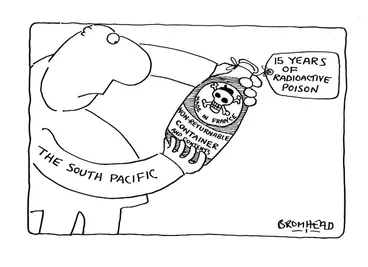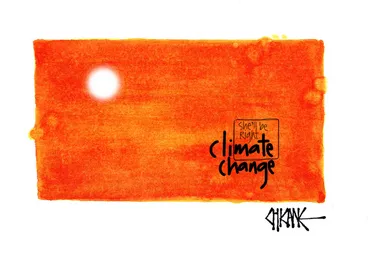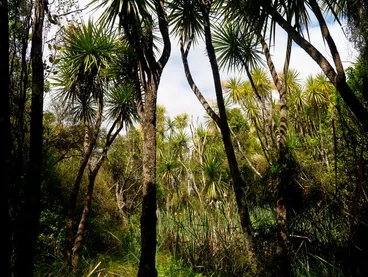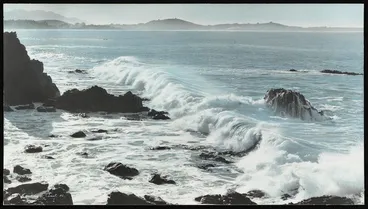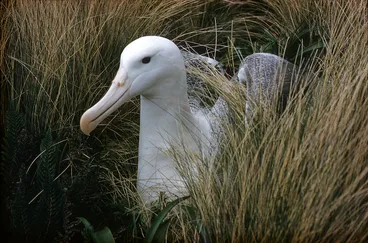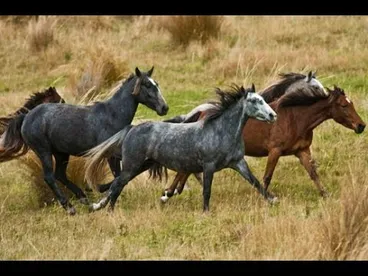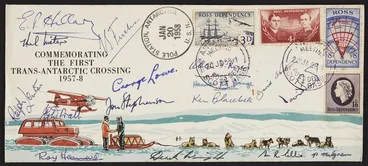Ocean Conservation
A DigitalNZ Story by National Library of New Zealand Topics
Aotearoa New Zealand has a historic connection with the sea. Find information about some of our major marine concerns and what is being done to conserve and protect our ocean environments. SCIS no: 1908761
social_sciences, technology, history, science, Māori, maths, arts
Seal cubs
Alexander Turnbull Library
NZAEE Seaweek 1-9 March 2025
Services to Schools
Seaweek – Kaupapa Moana 2025
Services to Schools
For Seaweek and beyond
Services to Schools
Oceans
National Library of New Zealand
'The Sea: A Place to Live' artwork, 1980
Archives New Zealand Te Rua Mahara o te Kāwanatanga
Ocean education
Services to Schools
Ocean conservation
Services to Schools
Protecting our marine environment — information for students
Services to Schools
The Plastic-free Challenge. Curriculum level: 2: November 2018
Services to Schools
Nurdles — plastic pellets that pollute the sea
Services to Schools
The Plastiki
Radio New Zealand
What is the Great Pacific Garbage Patch?
Services to Schools
Samoa continues to find ways to manage plastic litter
Radio New Zealand
Sea Mammals
Alexander Turnbull Library
United Nations World Oceans Day
Services to Schools
Attenborough's message for World Oceans Day
Services to Schools
World Ocean Day
Services to Schools
Marine studies centre
Services to Schools
Protecting our marine world
Services to Schools
The marine world and Te Ao Māori
Services to Schools
Maori hold key to conserving fish - PEW
Radio New Zealand
Ocean pollution – the human connection
Services to Schools
Helping kids help the ocean
Services to Schools
Young Ocean Explorers
Services to Schools
Marae Moana
Services to Schools
Bill Riley's art from waste
Radio New Zealand
Govt checking Rocket Lab for ocean litter
Radio New Zealand
Atomic test era tomb leaking in to the Pacific
Radio New Zealand
Blue Charter on Ocean Governance adopted at CHOGM
Radio New Zealand
Mercury study prompts warning over Pacific fish diet
Radio New Zealand
Saving mussel beds with a bi-cultural approach
Radio New Zealand
The cooking of coral reefs
Services to Schools
Smith, Hayden James, 1976-:[Japanese whaling operations] 24 February 2011
Alexander Turnbull Library
Dead zones in the oceans
Services to Schools
Weapons of war litter the ocean floor
Services to Schools
Māori marine economy: A literature review
Services to Schools
Ocean clean up
Services to Schools
Human impacts on marine environments
Services to Schools
Organisms in ballast water
Manatū Taonga, the Ministry for Culture and Heritage
Recycling and cleaning up the oceans
With so much plastic in our oceans, there have been endless reports of marine life dying after ingesting plastic they have mistaken for food. The men on board this Japanese ship argue that they are hunting whales, not just for research (as Japan claimed they do) but also as an act of recycling and cleaning up the ocean because the average whale eats 20-30 kg of plastic from the ocean! Recently a young male sperm whale was found dead off the coast of Spain with 30 kg of mostly rubbish bags, polypropylene sacks, ropes and net segments in its digestive system. Sperm whales usually feed on large squid, sharks, crabs, shrimp and fish.
Alexander Turnbull Library
A fishy tale from the Gulf of Mexico
These fish in the Gulf of Mexico wonder if the darkness that surrounds them is due to a solar eclipse or worse, a giant oil spill. In fact, it was an oil spill in the Gulf of Mexico in April 2010, one of the worst in U.S. history. It was a result of the explosion and sinking of the Deepwater Horizon oil rig. Underwater cameras showed a pipe leaking oil and gas into the ocean. The well leaked around 3.19 million barrels of oil into the ocean. Seabirds and turtles became smothered in oil, dead fish in brown sludge. From the shoreline, dolphin strandings, oil-covered beaches and dead wildlife were some of the immediate visible effects. The long term damage is still being studied.
Alexander Turnbull Library
Radioactive poison in the Pacific
A Pacific man despairs as he looks at the container of radioactive poison that he has received from France. This radioactive material is the result of testing nuclear weapons by the French on Mururoa Atoll. President Charles de Gaulle remarked that the explosion looked ‘beautiful’, little realising the serious and long-lasting impact it would have on the island and its surrounding environment. Today there are reports that radioactive material is leaking into the sea. There has also been an increase in the number of people suffering from cancer and leukaemia potentially due to radiation exposure. Currently Mururoa atoll still remains a no-go zone.
Alexander Turnbull Library
OECD work for a sustainable ocean
Services to Schools
Teens use STEM to combat ocean pollution
Services to Schools
London Convention and Protocol
Services to Schools
Fishing and aquaculture in Aotearoa
Services to Schools
Tangaroa – the sea
Services to Schools
Looking after Aotearoa New Zealand's marine diversity
Services to Schools
Aotearoa New Zealand marine report from Stats NZ
Services to Schools
Ocean study and conservation
Services to Schools
'Blue Planet' Music Video
Services to Schools
What is a gyre?
Services to Schools
Coral gardening
Services to Schools
Calls for more Pacific representation in conservation orgs
Radio New Zealand
Reducing deaths of seabirds
Services to Schools
Project Jonah — Whale rescue stories
Services to Schools
Threat Management Plan for Hector's and Māui dolphin
Services to Schools
Preventing marine pests from arriving
Services to Schools
Marine protected areas map
Services to Schools
Marine reserves A–Z
Services to Schools
Cleaning up the oil spill
Services to Schools
Ecological Restoration
DigitalNZ
Antarctica
DigitalNZ
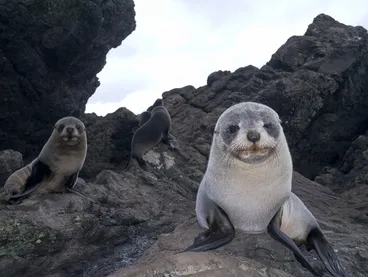
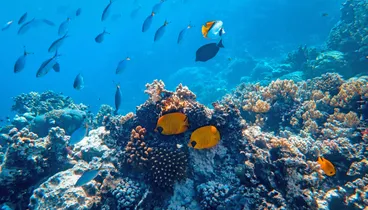
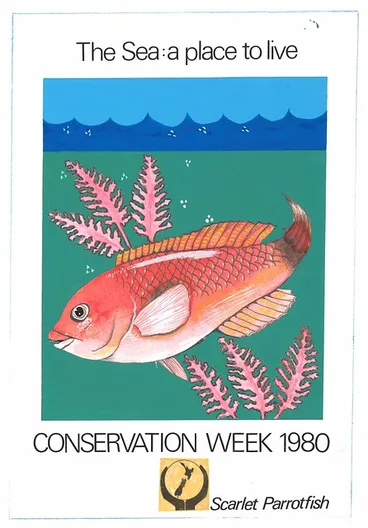

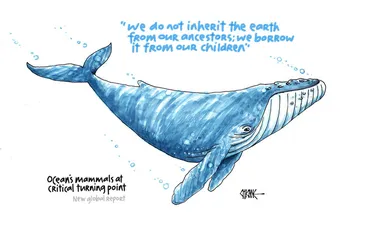
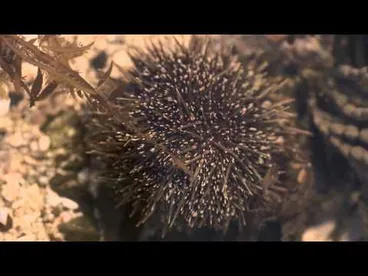
![Smith, Hayden James, 1976-:[Japanese whaling operations] 24 February 2011 Image: Smith, Hayden James, 1976-:[Japanese whaling operations] 24 February 2011](https://images.digitalnz.org/pvfDGeAE28RFv_73CCoN6nUYnhY=/368x0/https%3A%2F%2Fndhadeliver.natlib.govt.nz%2FNLNZStreamGate%2Fget%3Fdps_pid%3DIE3310757)
